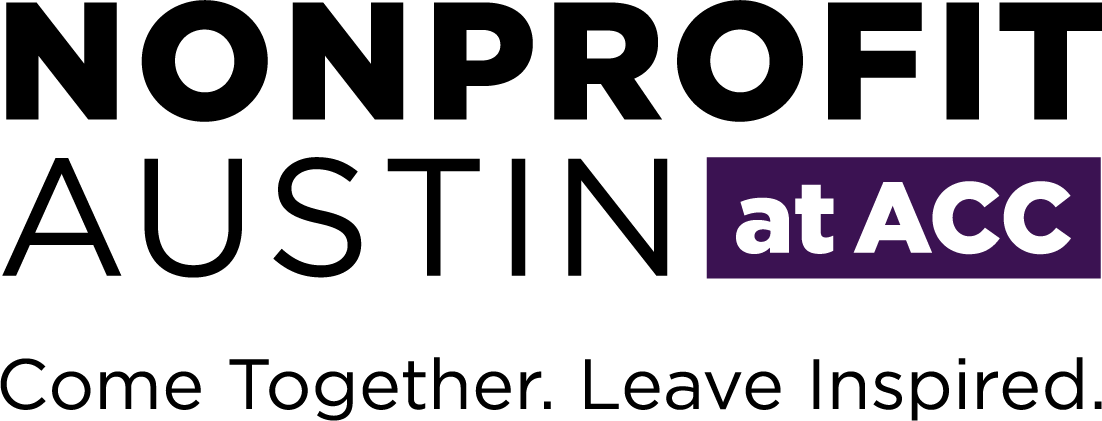
Now Accepting Applications for the 2019-2020 Class
$2500 ($1250 per semester)
Eligible for AmeriCorps education award funds and Hazlewood Act tuition exemption program
CNLM Program Details
Personality Style and Leadership Type Assessment
Each participant will complete a Personal Assessment – The Myers-Briggs Type Indicator (MBTI) – prior to the first learning opportunity, in keeping with the Certificate’s focus on attaining a disciplined view of self, of the organizations in which we operate, and the overall environment of the Nonprofit Sector of Texas. The first learning opportunity will be “Developing Your Personal Leadership Style.” It will incorporate learning from the individual and collective MBTI assessments.
Ethics and Best Practices
A special focus on ethics, ethical behavior, the implications of Sarbanes Oxley, and best practices within the Nonprofit Sector will be integrated within every session rather than being dealt with artificially within separate sessions.
Topics Covered
Below is an example of session topics covered. Some topics may change annually to adapt to current trends, and we always leave room for topics requested by each specific class to choose.
- Orientation and Introduction to Certificate Program
- Understanding Personal Leadership Styles
- Cultural Excellence: Leading, Communicating and Resolving Conflict across Cultures
- Understanding the Nonprofit Sector
- Strategic Thinking
- Fostering Effective Boards
- Building, Managing and Leading Teams
- Human Resources and Talent Management
- Personal Accountability
- Grabbing and Holding Your Audiences
- Engaging Volunteer Resources
- Fundraising
- Marketing and Promoting Your Organization
- Strategic Alliances: Strategy for Creating Connections; Assessment / Decision-Making; Coordination
- Texas Government, Public Policy, Advocacy, and Civic Engagement
- Risk Management
- Financial Management
- Writing Grants
Continuing Education Units
Participants will earn 16.25 Continuing Education Units (CEUs) from Austin Community College. These may be eligible for use in meeting professional certification requirements.
Access to ACC Resources
Each participant gets an ACC identification number that allows access to all the resources available to ACC students, including library resources and internet access at ACC facilities.
Creating a Community of Practice
A key goal of “the Certificate Experience” is to create a Community of Practice of all Certificate participants, alumni and faculty – from the first to the current class.
To foster this, there are several opportunities per year for current class members and alumni to come together to network and evolve mutually beneficial relationships. Participation is voluntary but highly encouraged as the expected outcomes of these experiences are among the top priorities of “the Certificate Experience”
Communities of practice are “groups of people who share a passion for something that they know how to do and to interact regularly to learn how to do it better.” (Etienne Wenger)
“The future belongs to organizations that learned to truly unleash the creative powers of self-organizing project communities, knowledge networks, open source teams, and other new ways of work and learning, based on free associations of people who are passionate about what they do together. Communities of practice are in the center of this widening innovation movement. The challenging task of leadership is to encourage a fundamental re-organization of work so that it can be truly inspiring to people to invest their attention in it.”
“Communities come in different shades and play different roles in value creation. Using the Wenger-McDermott-Snyder classification, communities can be characterized by more than one functions outlined below, but they tend to gravitate around one of the following areas of activity:
- Peer-to-peer help in problem solving
- Developing and verifying best practices
- Upgrading and distributing knowledge in daily use
- Fostering unexpected ideas and innovation”
(Excerpted from The “Great Symphony” Paradox CommunityIntelligence Ltd Co. (c) 2003 – https://www.CommunityIntelligence.co.uk)
Attendance
Participants are required to participate in 85% of the 18 all-day sessions and participate in the Certificate Orientation and Induction and Graduation to attain their Certificate of Nonprofit Leadership and Management. Absences due to special circumstances will be considered on a case by case basis.
Homework
Participants will be expected to prepare for and complete assignments made as part of the core session learning experience – based upon the session leaders’ recommendations. Participants will be expected to spend up to 10 hours outside of class time to work on Cohort Challenges.
Tuition
Tuition for the 18 all-day sessions, Induction, Graduation ceremonies, all handouts and resource materials, and CEUs – is $2,500.
Scholarships
Eligible for AmeriCorps education award funds and Hazlewood Act tuition exemption program

